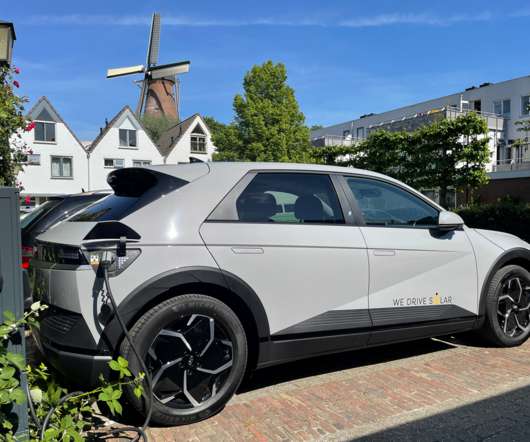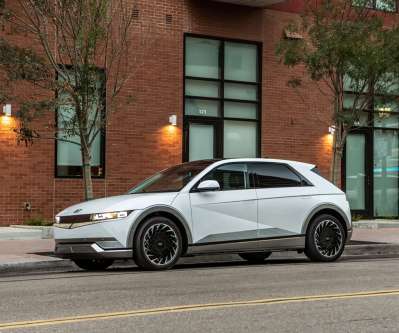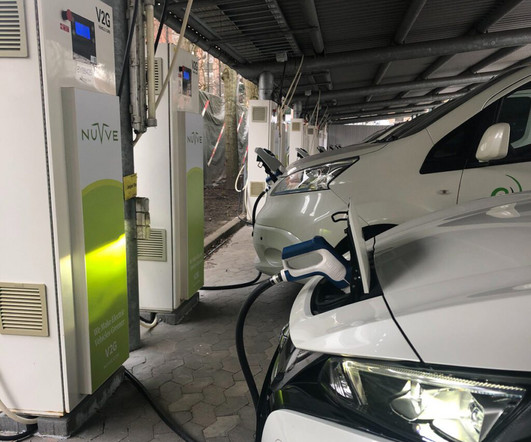This Dutch City Is Road-Testing Vehicle-to-Grid Tech
Cars That Think
JUNE 27, 2022
Volkswagen , Nissan , and Hyundai have moved to produce the kinds of cars that can use such bidirectional chargers—alongside similar vehicle-to- home technology , whereby your car can power your house, say, during a blackout, as promoted by Ford with its new F-150 Lightning. Those arguments are not yet settled. But big automakers like.














Let's personalize your content